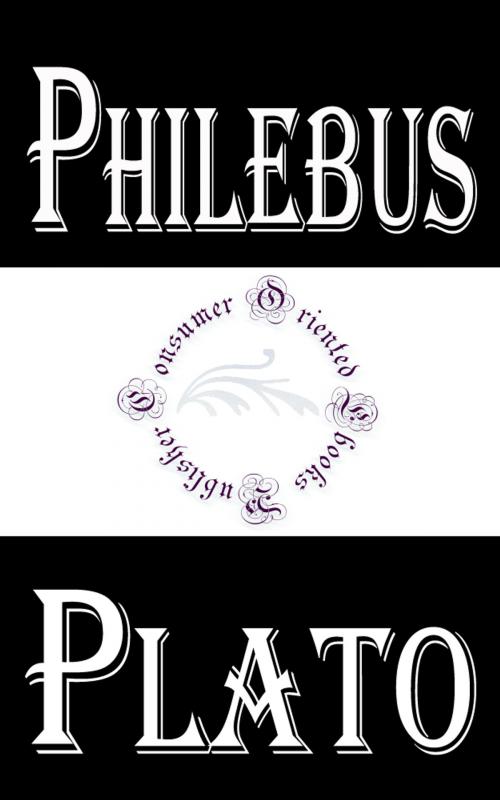Philebus
Nonfiction, Religion & Spirituality, Philosophy, Ancient, Ethics & Moral Philosophy, Fiction & Literature, Classics| Author: | Plato | ISBN: | 1230000312541 |
| Publisher: | Consumer Oriented Ebooks Publisher | Publication: | March 16, 2015 |
| Imprint: | Language: | English |
| Author: | Plato |
| ISBN: | 1230000312541 |
| Publisher: | Consumer Oriented Ebooks Publisher |
| Publication: | March 16, 2015 |
| Imprint: | |
| Language: | English |
The Philebus (/fɪˈliːbəs/; occasionally given as Philebos; Greek: Φίληβος), is one of the surviving Socratic dialogues written in the 4th century BC by the ancient Greek philosopher Plato. Apart from Socrates, the primary speaker in Philebus, the other speakers are Philebus and Protarchus. But Philebus, who wants to defend the life of pleasure, hedonism, which Socrates describes as the life of an oyster, hardly participates, and his position has to be defended by Protarchus, who has learnt argumentation from Sophists.
Manuscripts of the work give it the subtitle "peri hēdonēs, ēthikos" indicating that it is "concerning pleasure", and that it is a work about "ethics", or in other words the question of the best way of life. However "there are large parts in the dialogue that deal with dialectics and ontology but have nothing to do with pleasure and ethics, or if so, only indirectly".
The Philebus (/fɪˈliːbəs/; occasionally given as Philebos; Greek: Φίληβος), is one of the surviving Socratic dialogues written in the 4th century BC by the ancient Greek philosopher Plato. Apart from Socrates, the primary speaker in Philebus, the other speakers are Philebus and Protarchus. But Philebus, who wants to defend the life of pleasure, hedonism, which Socrates describes as the life of an oyster, hardly participates, and his position has to be defended by Protarchus, who has learnt argumentation from Sophists.
Manuscripts of the work give it the subtitle "peri hēdonēs, ēthikos" indicating that it is "concerning pleasure", and that it is a work about "ethics", or in other words the question of the best way of life. However "there are large parts in the dialogue that deal with dialectics and ontology but have nothing to do with pleasure and ethics, or if so, only indirectly".















